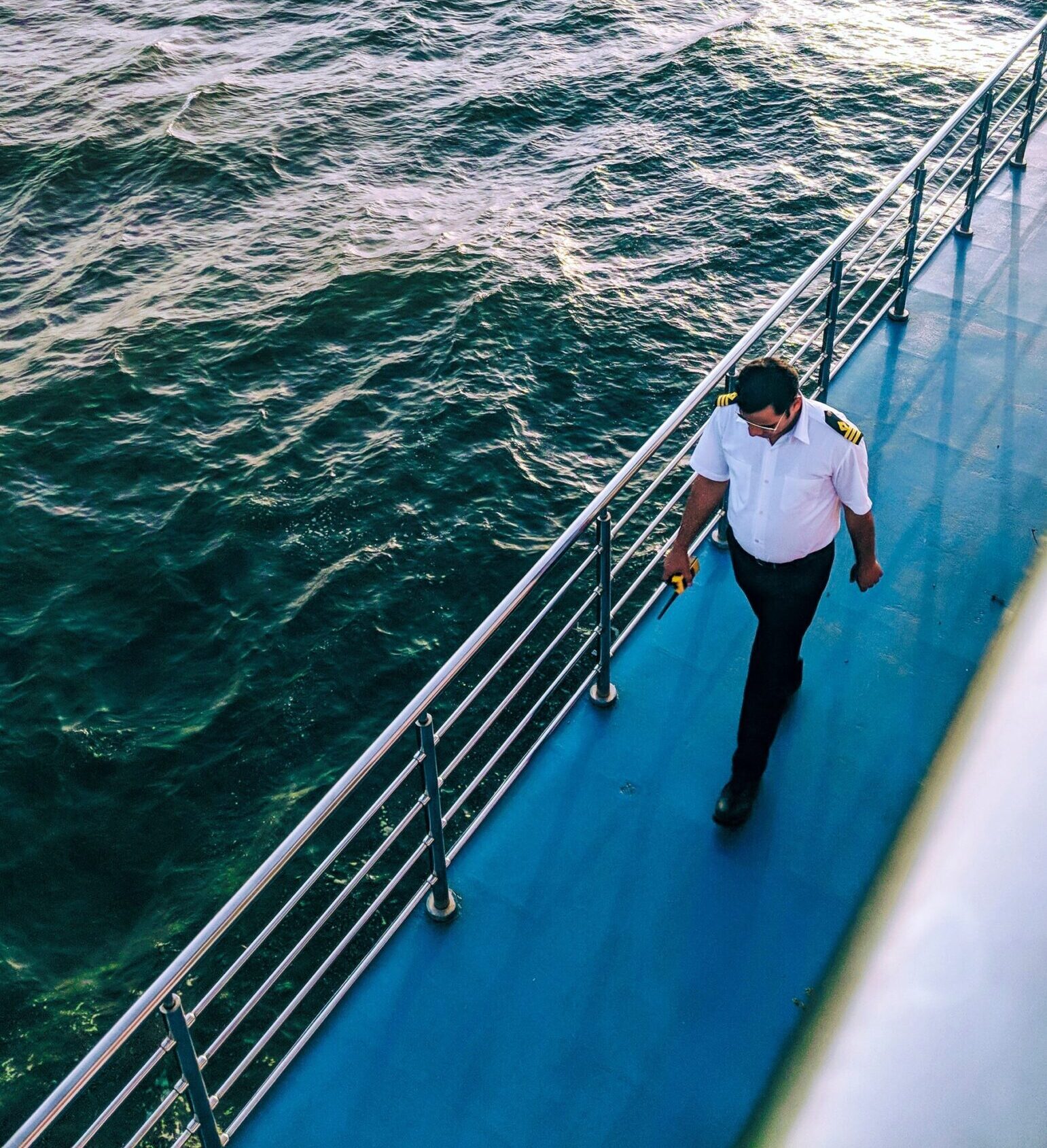
Mind at Sea: Mental Wellness for the Merchant Navy
Humans are social animals who are supposed to be on land. But then again, we are animals with the most developed cognition. We discovered fire and learnt how to grow our own food, and venture out into the great blue ocean. For centuries, human beings have used water to be connected to each other, where land separates us. Even though we have airways for our benefit, trade via sea is still extremely relevant. To do this merchant navy AKA merchant marine helps to transports freight and carries cargo around the world.
Merchant Navy offers commercial services and allows individuals to travel around the globe. It is the backbone of international trade, carrying cargo to different countries. Much of the import-export business around the world would come to a grinding halt without the Merchant Navy. Employees of the Merchant Navy spend the better part of their lives in the sea.
Working at sea is not an easy job. One requires both physical and mental strength to work in a difficult environment like one on ship. Due to the nature of this job being different and not conventional, it is common to find seafarers to struggle with issues related to mental health. Some of the common causes of psychological stress for them are:
- Months away from home – Seafarers travel from one country to another, thus their job demands to stay away from their home and family members till their contract gets over. It gives them a feeling of disconnect from their loved ones and culture. This leads to feeling of homesickness, stress, loneliness and depression.
- The constant threat to physical safety – There are days when waves are untamed, and even with accelerated development in maritime engineering, there is always a threat of sinking and drowning. Fear of pirates also pose a threat to the lives of seafarers. Even though individuals join the marine knowing about all these risks, it can still be extremely anxiety-inducing leading to other psychological and physical issues.
- Work and rest hours – Working at sea requires loads of hard work. However, on several occasions rotational shift with minimum break and rest hours on board is overlooked. This eventually leads to extreme fatigue in seafarers along with drop-in efficiency and energy. Sleep disturbances further lead to physical and psychological problems. A reduced number of crew members also add to the physical burden and may lead to overwork causing burnout.
- Disease and physical illnesses – There are many medical reasons that leads seafarers towards fatigue and lethargic physic. There can be issues such as kidney and liver disease, electrolyte problems, diabetes, hypothyroidism and anaemia. And these illnesses can cause psychological stress among seafarers.
In a recent article, highlighting seafarers’ mental health, UK Protection and Indemnity Club, an insurer for ship-owners, said suicide rates among seafarers suffering from poor mental health had more than tripled since 2014. “Nearly half of these seafarers said they had not asked anybody for help,” was said at a welfare conference.
Mental health, still being a widely taboo topic keeps people from sharing about their emotional pain. Thus, this becomes a great starting point in the campaign to improve the mental health of the mariners. For this first step is to take accountability on the part of the company. If the management takes responsibility for the mental wellness of their employees, the overall statistics of mental illness at sea would reduce significantly. Here are some of the things an organisation do:
- Awareness about mental illnesses and provision for help – The sailors have to be educated on the various causes of mental health issues and the risks of not accessing help as soon as symptoms arise. Beneficiaries also have to be enlightened about the signs and symptoms of the most common mental disorders that afflict seafarers, like depression and anxiety. So, whenever an individual would notice a particular symptom in themselves or their crew, they can seek help on time. For these training’s like psychological first aid can help immensely.
- Mandatory psychological fitness – Making it mandatory for mariners to undergo psychological testing to screen them before they join new vessel. This process can be done either during recruitment process by HR or during pre-joining medical by the medical centres, and many organisations do it during both the time. This would ensure that the individuals are psychologically fit for the job and ready to face adverse situations effectively. This would reduce turnovers in the long term for the company. Psychological screening of candidates saves money and resources on the part of Human Resources (HR) in the long-run. Personality, intelligence, aptitude, sociability, risk-taking, interest are some of the few areas that psychometry can test to see if a person is fit for a job in the merchant navy.
- Mandatory counselling service – Making a counselling session available for free for each and every mariner, be it onboard or off shore individual, can help avoid serious mental health complications in the crew. The appointed counsellor can keep a check on the life satisfaction of their clients and suggest various therapeutic techniques or medications to keep it optimum.
- Peer support on board – Equipping the crew to help each other can go a long way in improving the overall mental health on ships. Support groups have been proved to extremely effective in helping individuals as they understand each other better because of their shared issues. Regular support groups meetings would improve communication, apart from their well-being.
Sentier Mind is providing mental wellness support to Indian mariners, shipping companies and marine institutes for years. We have a team of Psychologist working with this population for over a decade. We helps to provide the care that every individual deserve.
Written by Rima Chowdhury

